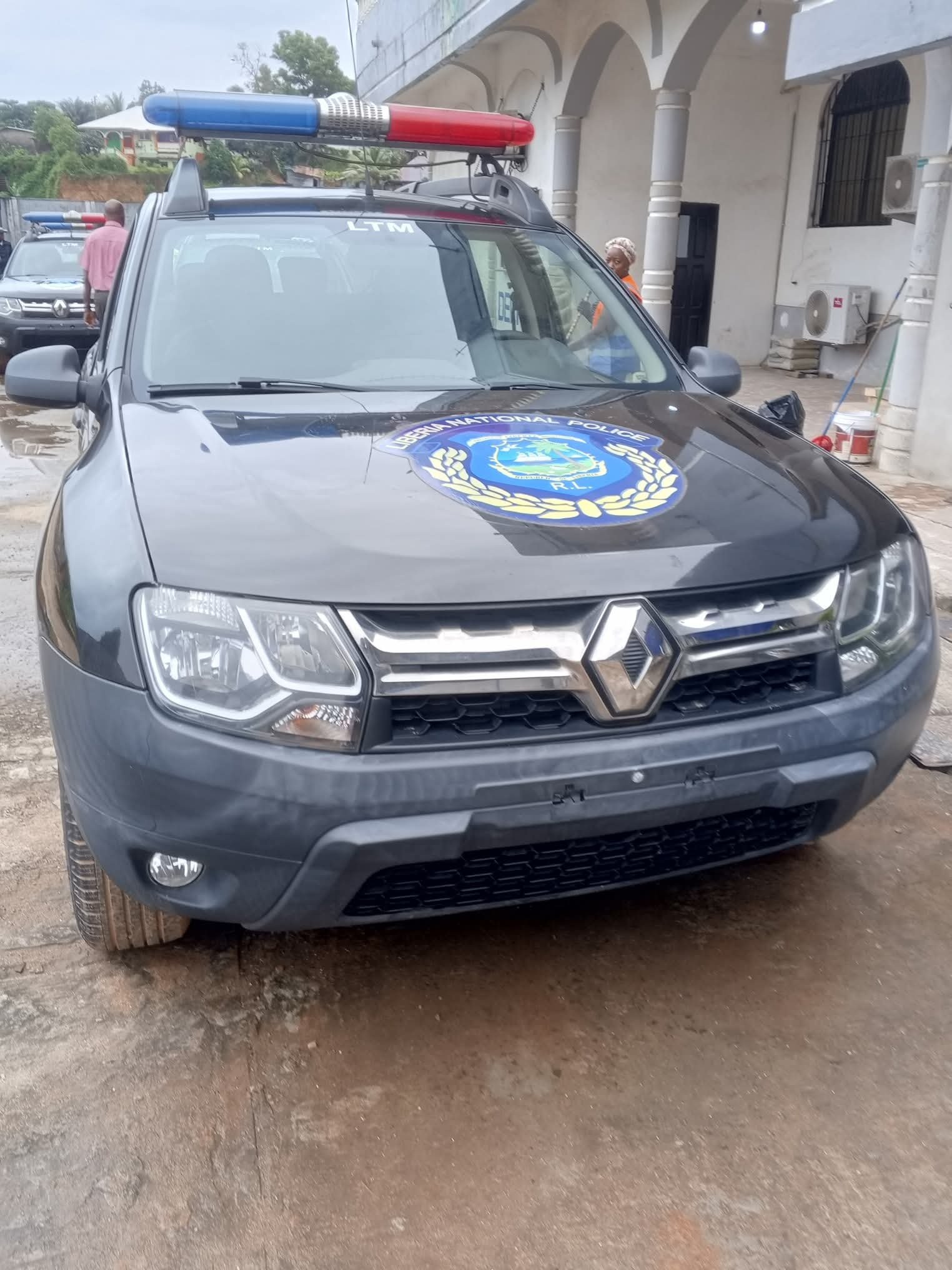The Liberia Traffic Management (LTM) is in hot water following reports that a new agreement with the Transport Ministry has led to job losses.
Word on the street is that over 250 Liberians are now jobless because LTM is taking over key operations. In an attempt to calm the storm, LTM says its focus is on making the workforce better, not smaller, and that it wants to shake up how transportation works in the country.
Fadi Awaida, who heads up operations and projects at LTM, spoke to reporters recently to address the layoff claims. Dismissing these claims during the interview, he said that LTM is already working to bring back those who lost their jobs. We’re aiming to rehire 90 percent of the previous workforce, Awaida stated, adding that this depends on checking everyone’s skills properly. He hopes this will ease the worries of those who were let go.
LTM’s big plan is to provide better traffic services everywhere in Liberia. They’re aiming to create a team that’s more skilled and can handle the transport problems Liberia faces. This all comes from a $50 million agreement with the Liberian Government that spans 25 years. The goal is to boost road safety and make traffic flow smoother.

This whole situation is happening while former Transport Ministry employees are protesting. They’ve even sent a petition to the Legislature because they’re not happy with the agreement. The idea for this deal came up when Ellen Johnson Sirleaf was president. It was finalized in 2019 under President George Weah. While the current Boakai-Koung administration is pushing the project ahead, it’s been slow-going with some administrative troubles.
To make things more difficult, there are also worries that things aren’t clear enough and that investors have too much power, partly because of some bad press. However, some say that steps are being taken to fix these issues and keep the project moving. To clear up confusion about who gets to register vehicles, sources said that the Justice Ministry wasn’t pushed to grant special rights to Lebanese investors. Instead, a different company had a separate deal with a former transport minister.
As people’s opinions change and the future of how roads are managed in Liberia looks uncertain, the government and LTM are feeling the pressure to treat workers fairly. The population expects them to provide commitments to making roads safer and better for everyone.


